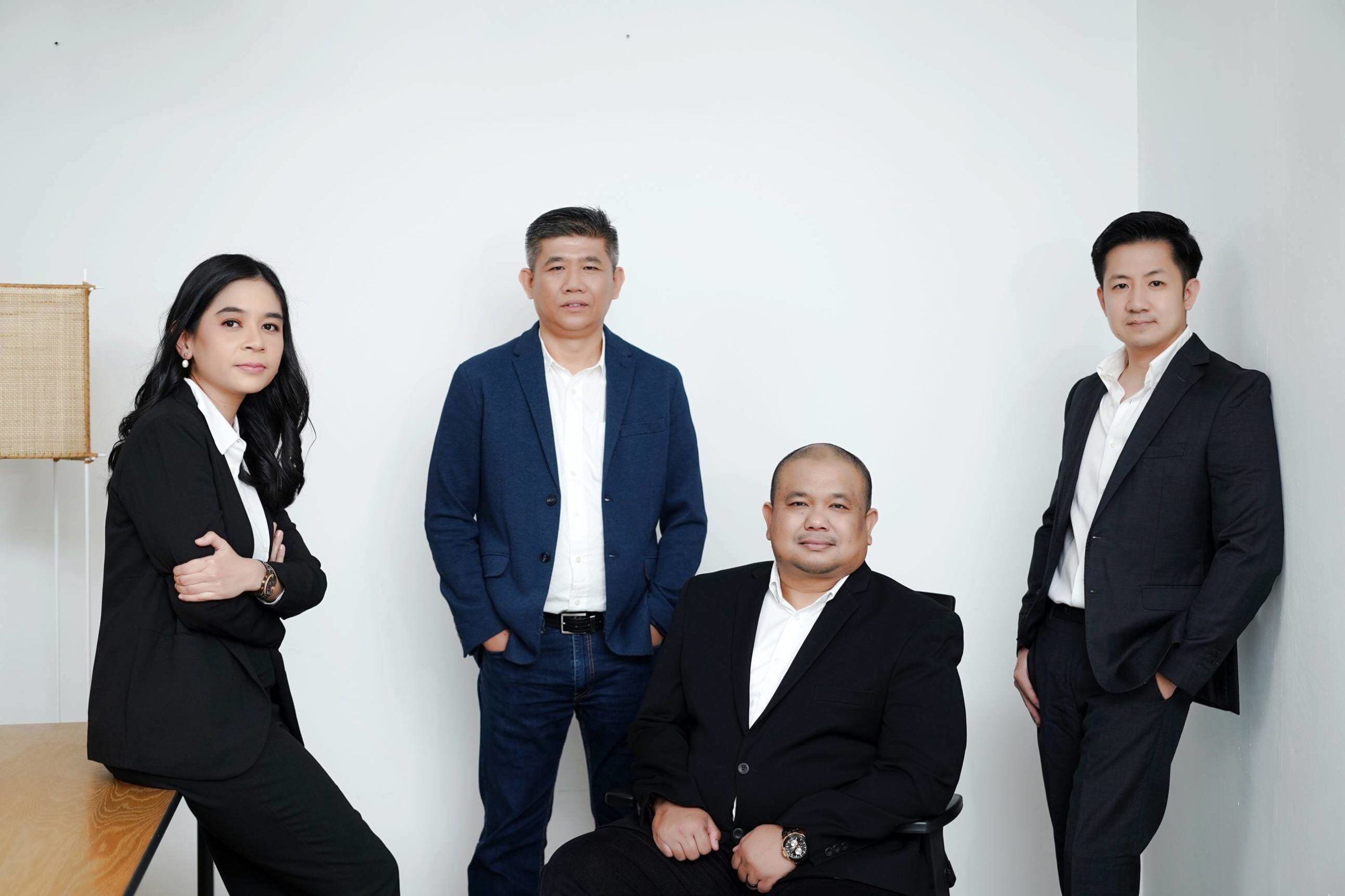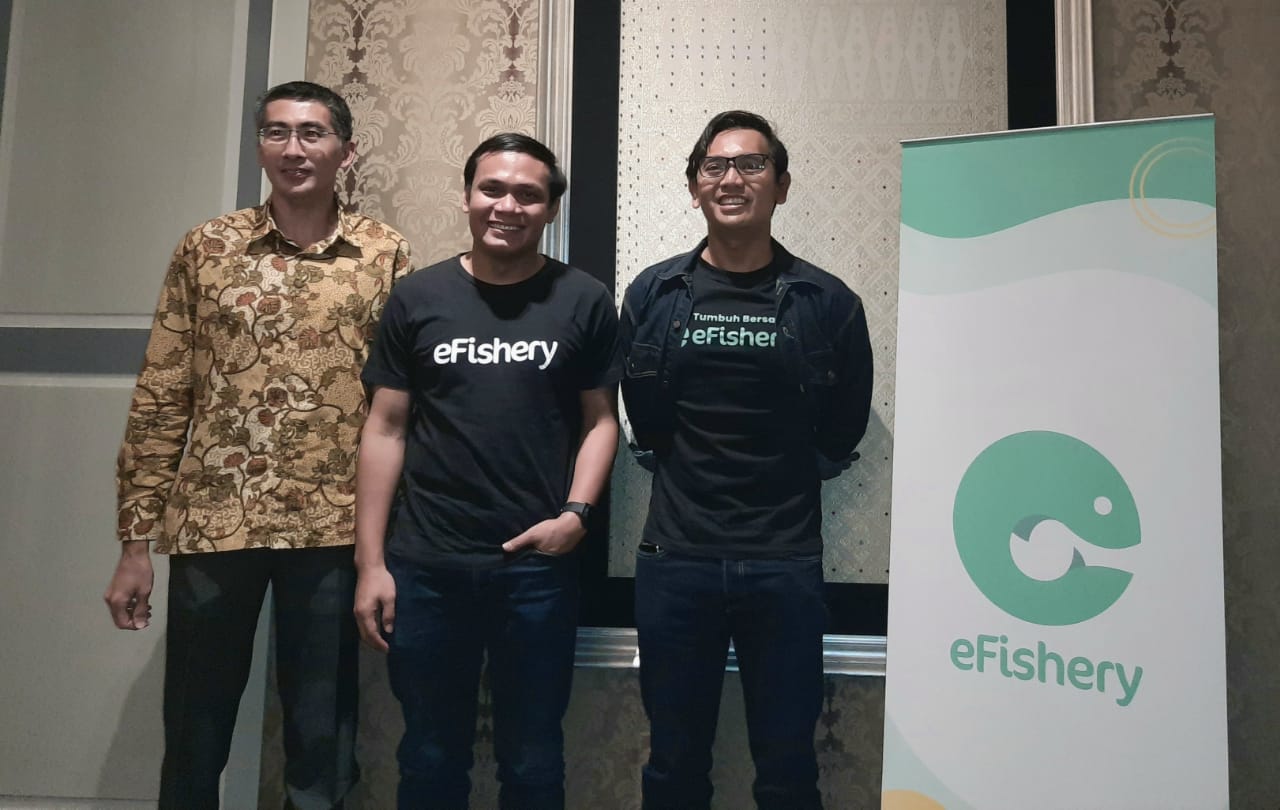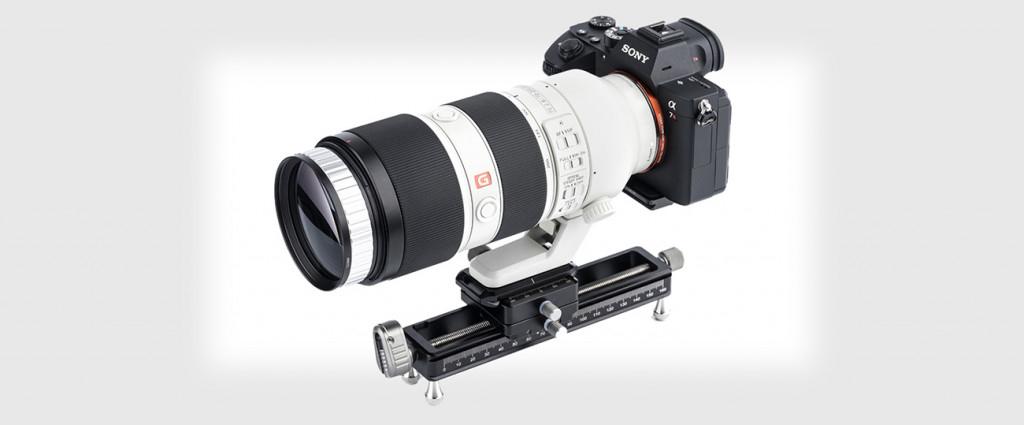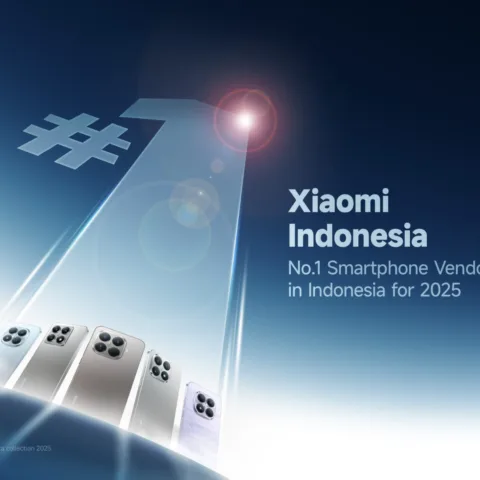The logistics platform aggregator and marketplace, Shipper, today (18/6) announced the series A funding with undisclosed value, this investment was led by Prosus Ventures (formerly Naspers Ventures) with the participation of Lightspeed, Floodgate, Y Combinator, Insignia Ventures, and AC Ventures.
In fact, the rumor has been circulating since last month, a source says the value obtained is up to US$20 million or equivalent to 283 billion Rupiah. However, Shipper and its investors are reluctant to comment on this.
The company closed its seed round in September 2019, secured US$5 million from Lightspeed Ventures Partners, Floodgate Ventures, Insignia Ventures Partners, Convergence Ventures, and Y Combinator. Shipper is also part of the Y Combinator startup accelerator program for the 2019 Winter batch.
Debuted in 2017, Shipper was founded by Budi Handoko and Phil Opamuratawongse. The services enable SMEs to have a logistics dashboard, exploring the most efficient and cheapest shipping service based on the goods/destination. They also provide API-based services, to be integrated into a digital application.
“Using this investment, Shipper will continue to grow and look for local talents to join us in building strong data through technology to develop logistics and shipping requirements which has not been well structured,” Shipper’s Co-Founder & COO Budi Handoko said.
Shipper is to expand the coverage area and help consumers find the best shipping partner; without having to waste time comparing costs, orders, tracking, and insurance. To date, Shipper has worked with more than 100 express couriers.
Challenges in logistics
According to data summarized by ResearchAndMarkets.com, the Indonesian logistics market is projected to reach US$240 billion in 2021, it is quite similar to the logistics market projection in India of US$215 billion in 2020. It is also driven by the growth of the e-commerce business, especially the SME sector.
Despite the big number, according to Shipper, the logistics market in Indonesia is still classified as very inefficient. In tier 2 and tier 3 cities, shipping costs often add up to 40% of total transactions in e-commerce, thus becoming a major barrier for people in these cities to adopt e-commerce in whole.
“Shipper comes as a solution to the three main problems of logistics aspects in Indonesia, from shipping services options, complex warehousing, lack of price transparency, and the below-average ability to track routes,” Budi added.
In Indonesia, the e-logistics platform continues to develop. For the platform aggregator, besides Shipper, there is also Anjelo which was launched at the end of 2019. The types of logistics services offered include last-mile delivery, cargo via air and sea, customs services, and warehousing.
In addition, using a more integrated model into its platform, Bukalapak also launched BukaSend. It aggregates services from logistics partners registered in the company to make it easier for consumers to make shipments and order couriers.
–
Original article is in Indonesian, translated by Kristin Siagian













